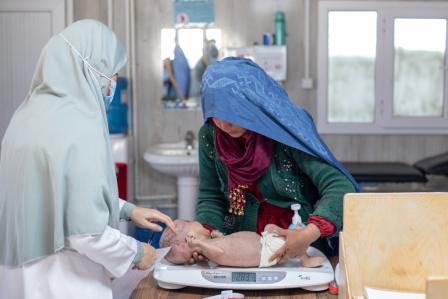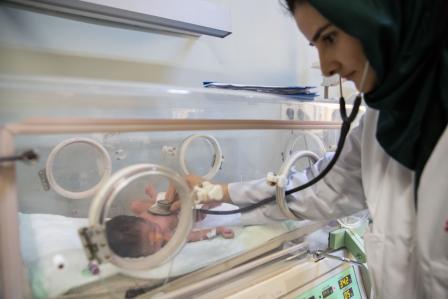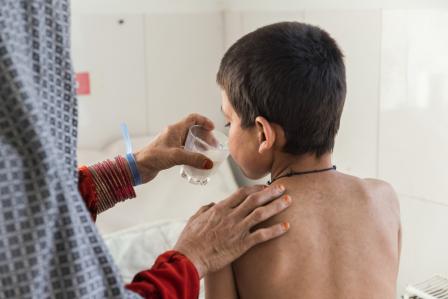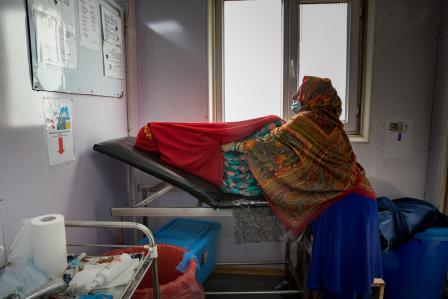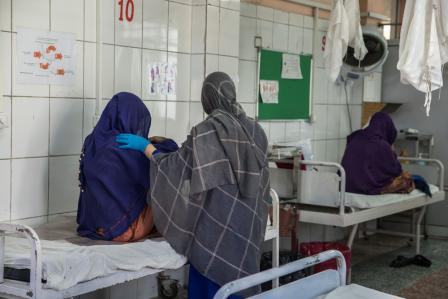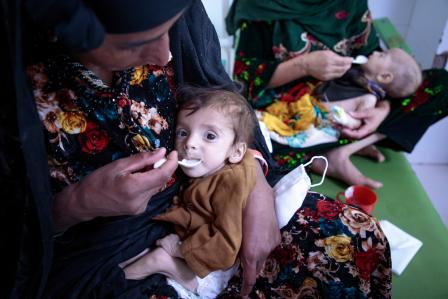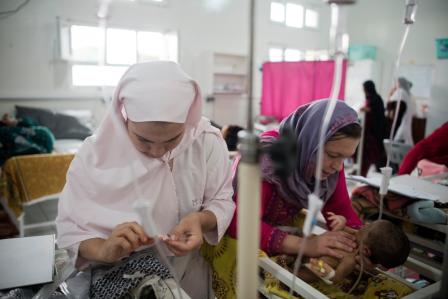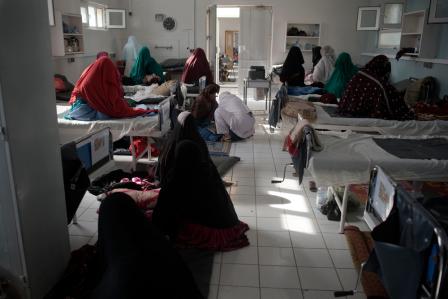Khost Maternity Hospital is Open 24/7 – we rest when we have the chance
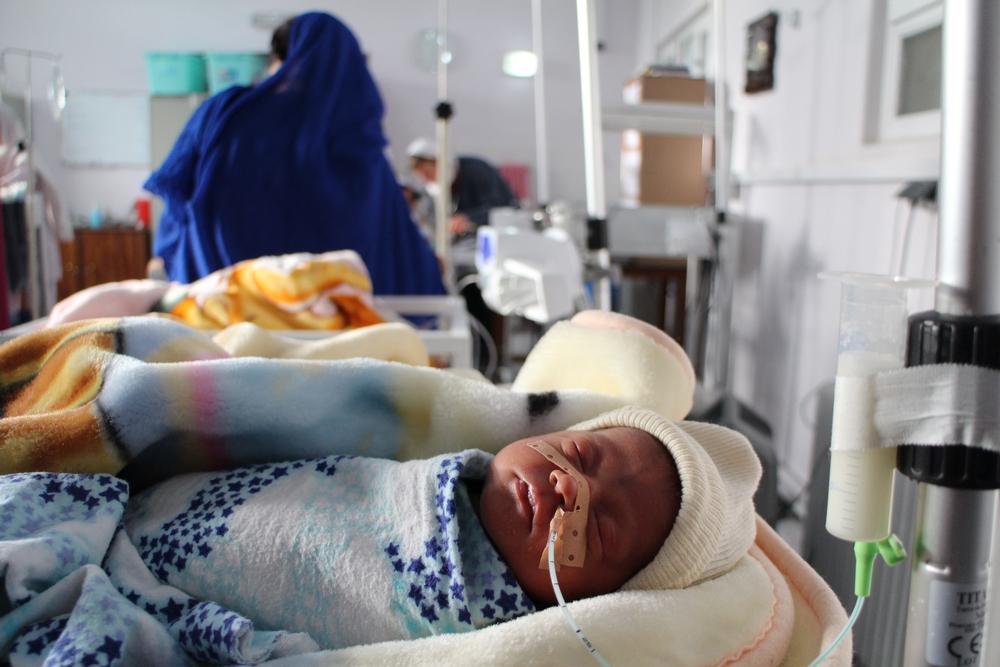
Premature babies put on treatment in the neonatal ward of the Doctors Without Borders maternity in Khost. Afghanistan, 2013. © Vivian Lee/MSF
I went to Afghanistan twice, as a field worker of Doctors Without Borders / Médecins Sans Frontières (MSF). My first assignment was in Khost maternity hospital. I was there for eight weeks in 2019 – long before the change in government last August. The following year, I was in Boost hospital in Lashkar Gah, for four months.
I must say, every mission with Doctors Without Borders is always remarkable for me. In Khost maternity hospital, we could receive 70 to 80 patients a day. With limited health facilities in the area, people came to Doctors Without Borders to access healthcare treatment.
The hospital capacity is quite extensive where we provide safe maternal and neonatal care to women and their babies, and we could accommodate almost 100 patients. Because services at Doctors Without Borders are free of charge, some people preferred to visit this hospital rather than a private clinic where they had to pay. Although public clinics are free, they often run out of medication so people may have to purchase it themselves. Some patients even had to travel two or three hours to get to this hospital. But they could access healthcare without worrying about the cost.
My job was to run the maternity unit alongside midwives and other colleagues. The role of international staff was to provide supervision and training for the doctors and midwives among the Afghan staff. We managed complicated obstetrics and gynecology (OB-GYN) cases and were involved in recruitment as well. This branch of medicine is specialising in the care of women during pregnancy and childbirth and in the diagnosis and treatment of diseases of the female reproductive organs. The Afghan midwives and doctors were all talented, but there were many complicated procedures to handle. By working together, we could make more of a difference.
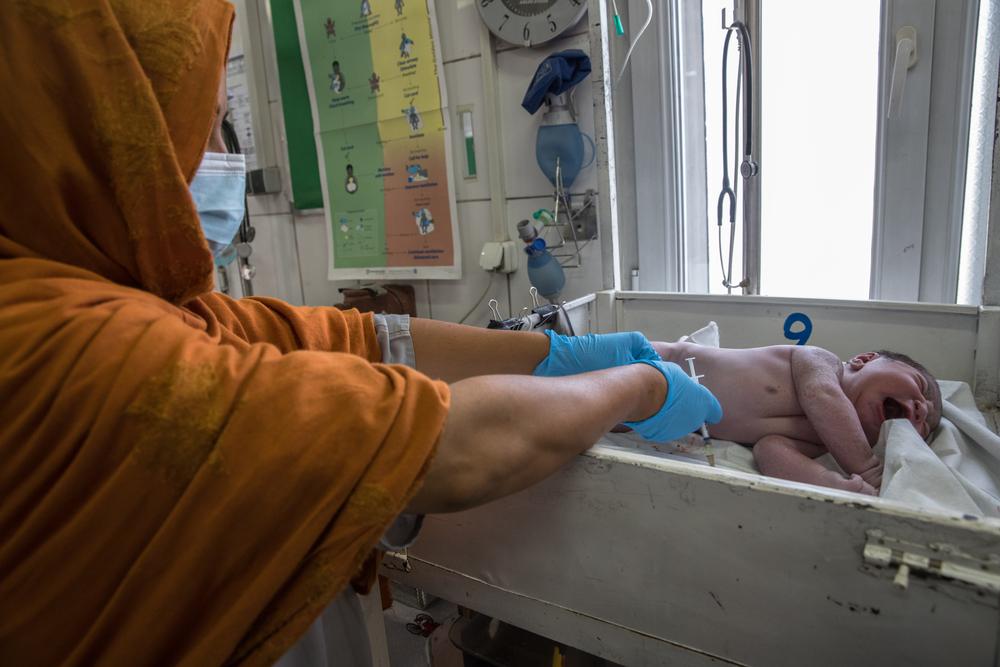
A midwife assistant cares for a baby in the delivery room at the Doctors Without Borders Khost maternity hospital. Afghanistan, 2021. © Oriane Zerah
It was part of my job to help the staff manage and conduct surgeries for OB-GYN cases. As an emergency hospital, it was open 24/7. There were working hours, 7:30 am to 5:00 pm, but of course, that couldn’t be applied to an OB-GYN. I could get a call at 5:00 am if there was an emergency or something went wrong in the hospital, which was only next door to my accommodation. So, when could I rest? Usually, the situation was a bit slow in the afternoon, so I could take a break.
Having the hospital next door was an advantage for emergencies, but I always wondered what life outside our building was like. Mostly, we had to stay either inside the hospital or in our accommodation building, due to security reasons. Sometimes I would climb to the hospital rooftop, from where we could see the buildings surrounding the hospital and the mountains on the horizon. We had the chance to go to the market every two weeks, but we could only go to a specific store, and there was a time limit.
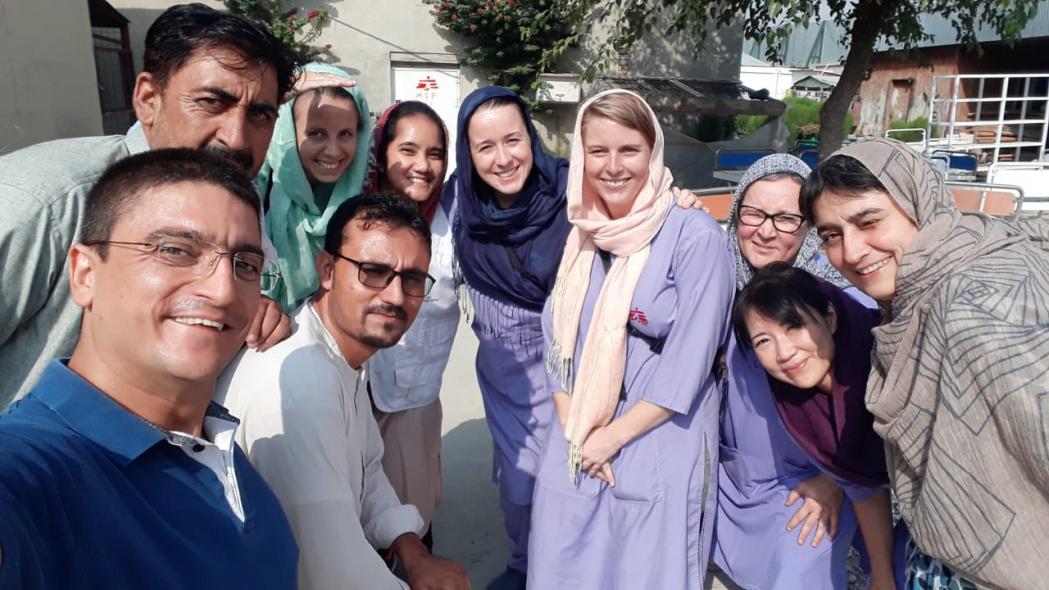
Renny with her colleagues in Khost Hospital. Afghanistan, 2019. © Renny Anggia Julianti
My assignments have always been short. Even though I did not spend a long time with my colleagues at the hospital, I still had mixed feelings when it came to saying farewell. I was glad that I could go home, but sad that I would leave the team, knowing I would probably never see them again.
With few health facilities available to provide free or affordable healthcare, they are always kept busy attending to many patients every single day, oftentimes with difficult cases. Despite this, they are still willing to help their fellow women, and they are the heart of Khost Hospital.
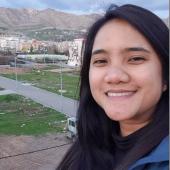
Renny Anggia Julianti is an Indonesian Ob-Gynecologist.
